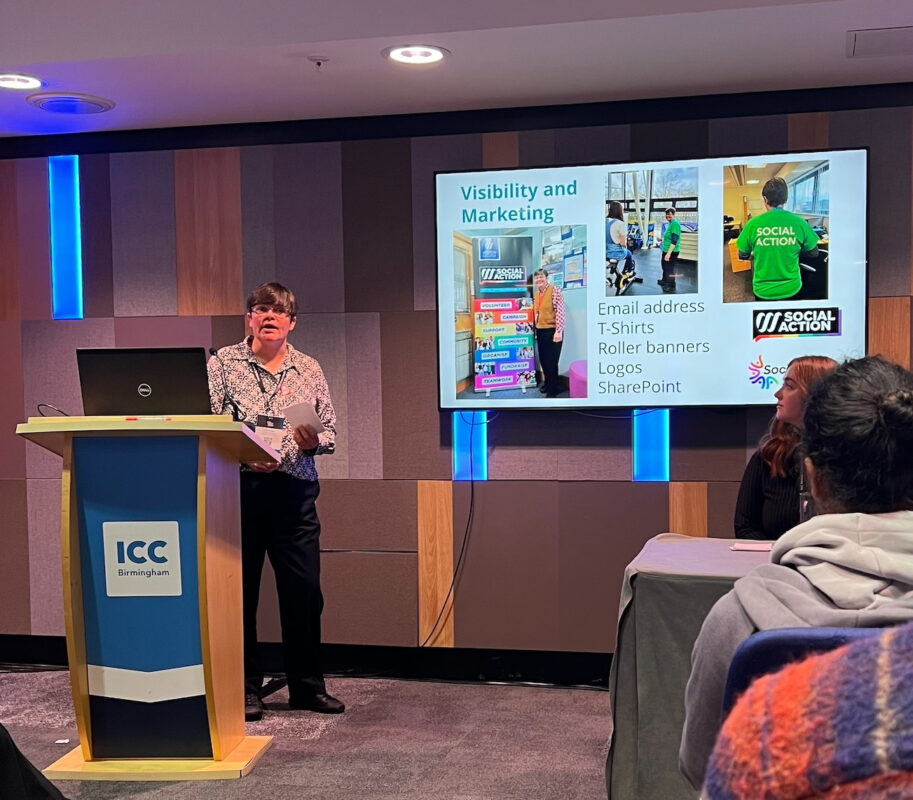Over half of British parents find home-schooling their children harder than their day job

While the country remains in lockdown and home-schooling continues to be the norm, new research* from @PlayOsmo, provider of fun and engaging educational tools for kids, reveals that over half (53%) of British parents admit to finding this new role more difficult than their day job.
It also reveals that parents are struggling to juggle work and home-schooling their children during the lockdown period with almost a third (30%) still working six – seven hours per day on their day job.
When it comes to fitting in educational activities, 42% of parents claim to be able to dedicate an average of two – three hours per day homeschooling their kids while one in ten parents admit they are able to dedicate just one hour of time to their child’s education per day.
Throughout the lockdown and beyond, Osmo products are available to help children study and play with hands-on learning experiences, giving parents some much-needed time to focus on their day jobs.
62% of parents admit to having a new-found respect for teachers since their child has been home, with a further 55% agreeing that teachers should be paid more for the work they do and almost a third (32%) saying they plan to take greater interest in their children’s education after they return to school.
More than half (55%) of parents claim they are running out of creative ideas to keep their children entertained, while two in three parents are looking for more engaging activities to fill their children’s day.
Pramod Sharma, CEO and Co-Founder of Osmo, and parent of 2 said,
“This is a really challenging time for parents who are struggling to juggle schooling and work commitments which is no mean feat. With the right tools and guidance, children can be empowered to learn independently which gives parents some much-needed time back to focus on work.
Our products offer children a combination of healthy screen time with active play, and enable children to have fun while they learn. We know that two in three parents are looking for more engaging activities to fill their children’s day, and our products are a great way to add to keep kids entertained and stimulated.”
Dr. Amanda Gummer, child development expert and founder of the Good Play Guide, commented:
“Children and parents have both had to adjust to this unprecedented situation, which is particularly challenging when it comes to learning.
Parents are understandably struggling to maintain the same level of education that children are used to, and maybe finding some of the teaching concepts challenging. Online learning resources and tools can be really beneficial in keeping kids engaged in a playful way and giving parents some support. We know that teachers are incorporating digital learning into their syllabus, so keeping this in mind when home-schooling, tools such as Osmo can be a brilliant and reassuring learning aid for both parents and children.”
In addition to a lack of time, British parents admit to a lack of understanding of the school syllabus, with 40% of parents admitting they don’t believe they could pass a Maths test at their child’s current level and 34% feeling the same about Science. The same parents however, agree that Maths is an important subject for children to continue learning at home (83%), followed by Reading (76%), Science (57%) and Physical Education (51%) showing a disconnect between hopes and their current realities.
This lack of time, understanding and pressure to maintain balance has left the majority (54%) of parents feeling overwhelmed, with 52% admitting that the situation is hindering their performance as they work from home. This could help explain why over half (51%) of parents say they are not creating a daily structure for their children, but rather taking each day as it comes.
The combination of this all, partnered with the inconsistency in a steady curriculum has left the majority of parents (67%) expressing concern of their children falling behind on educational milestones, with 48% agreeing they would pay for an engaging educational programme for their child to use whilst at home where possible.
*Survey of 2,000 parents in the UK carried out by OnePoll in April 2020.










Responses